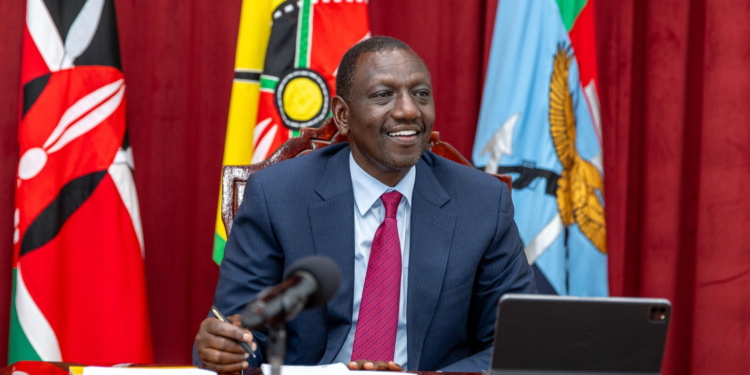In response to the withdrawal of the Finance Bill 2024 and the need to align with a downgraded revenue forecast, Kenya has unveiled the much-anticipated Supplementary Budget I for the 2024/25 fiscal year. The revised budget, transmitted to the Clerk of the National Assembly, signals a strategic shift in government spending, aiming to balance fiscal prudence with developmental goals.
The 2024/25 budget is set to be reduced to KES 3.909 trillion, marginally above the 2023/24 budget. This move aims to moderate the budget deficit to approximately KES 850.14 billion, or 4.69% of GDP. Notably, the revised budget features less aggressive cuts in sectors such as Labour & Social Protection and Roads & Transport, reflecting a more cautious approach than previously anticipated.
The new budget is exceptionally detailed, setting a high standard for transparency and accountability. Most cuts align closely with earlier advisories from the Treasury, indicating a consistent strategy in budget rationalisation.
Total spending reductions amount to KES 156.39 billion, with KES 34.05 billion slashed from recurrent expenditures and KES 122.35 billion from development spending. The development budget has been particularly impacted, with substantial reductions across various sectors.
The budget for the Executive Office of the President, including the offices of the Deputy President, Prime Cabinet Secretary, and State House, is reduced by KES 9.35 billion to KES 11.31 billion, a 45.6% cut. The education budget, including the Teachers Service Commission (TSC), faces a KES 36.03 billion reduction to KES 623.12 billion, a 5.47% cut, with the steepest cuts in the State Department for Basic Education.
A KES 12.79 billion cut brings the health budget to KES 118.24 billion, a 9.76% reduction, primarily affecting the State Department for Medical Services. The budget for agriculture is slashed by KES 7.71 billion, an 11.63% reduction, to KES 64.84 billion, with significant reductions in the State Department for Crop Development.
The budget for MSMEs, Trade, Investment & Cooperatives sees a KES 3.21 billion cut, representing a 9.96% reduction, to KES 29.06 billion, with the State Department for Industry bearing the brunt. Interestingly, the State Department for Cooperatives is set to receive an increase of KES 3.63 billion to KES 9.71 billion. The budget for Energy, Petroleum & Mining is reduced by KES 19.69 billion, a 19.19% slash, to KES 82.93 billion, with the State Department for Energy facing the largest cut at KES 18.55 billion.
The budget for Labour & Social Protection is cut by KES 770.56 million, or 1.87%, to KES 40.37 billion. The Defence & Internal Security budget is reduced by KES 8.69 billion, a 4.16% cut, to KES 200.28 billion, with the entire development budget for internal security and national administration being shelved. The budget for Roads, Transport, Shipping & Maritime is cut by KES 18.43 billion, representing a 7.24% reduction, to KES 236.16 billion.
President William Ruto has indicated that the rationalisation would be borne equitably by both national and devolved governments. As a result, the Equitable Share allocation may decrease by KES 20.6 billion. Counties may face a reduction to KES 379.5 billion, down from KES 385.4 billion in 2023/24, raising questions about their acceptance of the new allocation. According to the Constitution, the minimum Equitable Share allocation is 15.0% of the last audited accounts, setting a floor of approximately KES 236.0 billion for 2024/25.
Other notable adjustments include the complete removal of budget allocations for the Office of the First Lady and the Office of the Spouse to the Deputy President, resulting in savings of KES 696.65 million and KES 557.57 million, respectively.

















